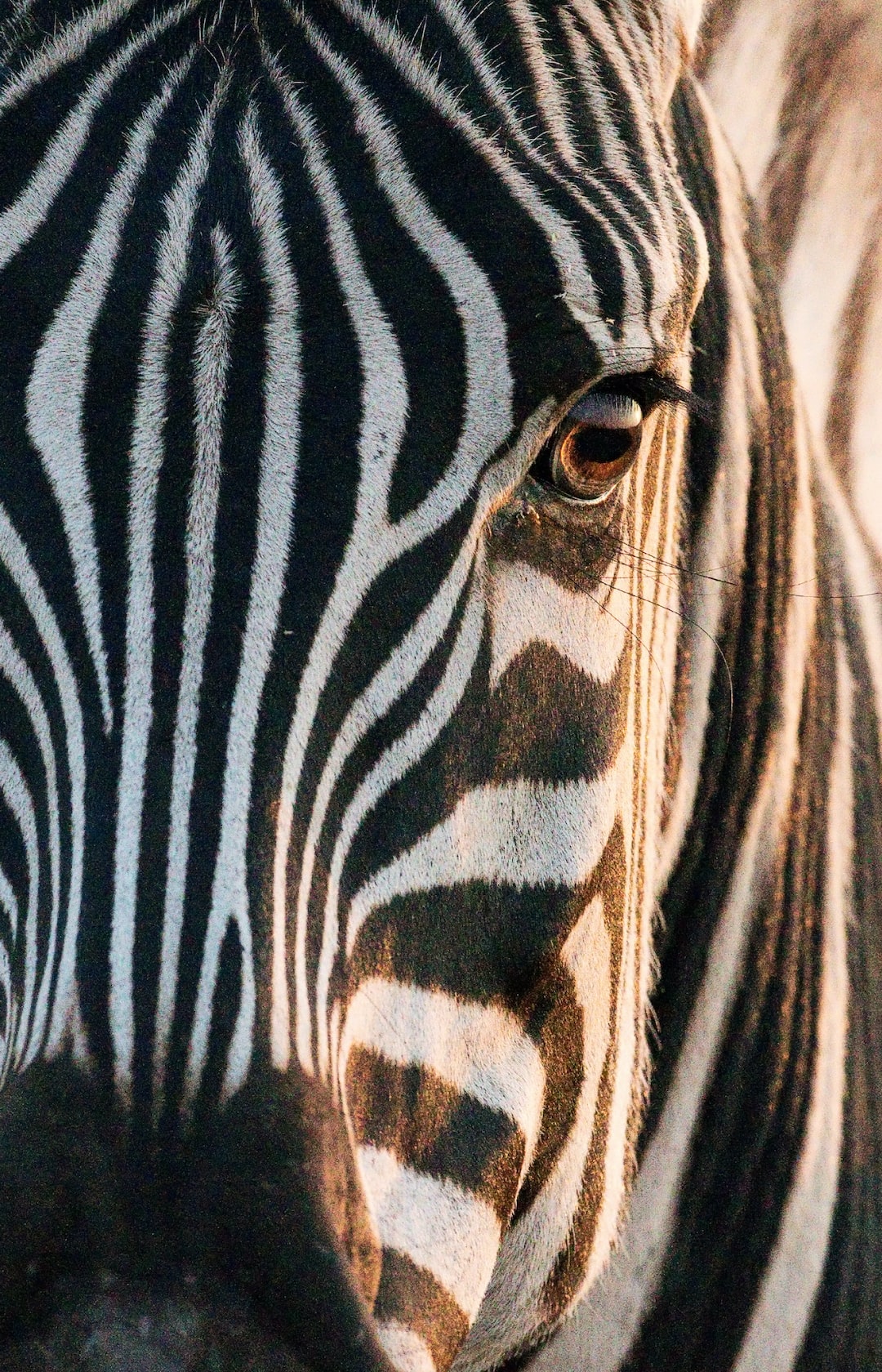The Ecological Importance of Bees: Exploring their Role as Pollinators
Bees are truly fascinating creatures. They play a crucial role in our ecosystem as pollinators, making them essential for the survival of countless plant species and the overall health of our environment. In this blog post, we will explore the ecological importance of bees and the vital services they provide.
Pollination is a key process that allows plants to reproduce. When bees visit flowers in search of nectar and pollen, they unintentionally transfer pollen from the male parts of a flower to the female parts of another. This transfer fertilizes the plants, enabling them to produce fruits, seeds, and new plants. Without bees and other pollinators, many plants would not be able to reproduce, which would have a cascading effect on the entire ecosystem.
It is estimated that bees are responsible for pollinating around 80% of flowering plants worldwide. This includes not only agricultural crops but also wild plants that provide food and habitat for a wide variety of animals. Bees are particularly efficient pollinators due to their unique physical characteristics. The tiny hairs on their bodies attract pollen, which they carry from flower to flower. Additionally, bees feed on nectar, and as they move from one flower to another, they unintentionally spread pollen with each visit. This process ensures the cross-pollination necessary for healthy plant populations.
The importance of bees in the agricultural sector cannot be overstated. Many of the crops we rely on for sustenance, such as fruits, vegetables, and nuts, require pollination to set fruit. In fact, it is estimated that pollinators like bees contribute approximately $235-577 billion in global food production each year. Without bees, the agricultural industry would suffer dramatic losses, leading to reduced food availability, increased prices, and potentially, food insecurity.
Beyond their direct impact on food production, bees also play a crucial role in maintaining biodiversity. When bees visit flowers, they inadvertently transfer pollen, enabling plants to reproduce and ensure their survival. This, in turn, supports a diverse range of animals that depend on those plants for food and habitat. Bees also contribute to the diversity of flowering plants by favoring certain species with their foraging behavior. By regularly visiting specific flowers, bees inadvertently assist in their pollination, enabling those plants to thrive and enhance biodiversity.
Unfortunately, bees are facing numerous threats that are putting their populations at risk. Habitat loss due to urbanization and intensive agriculture, as well as pesticide use, climate change, and diseases, are all impacting bee populations worldwide. This decline in bee populations has serious consequences on the ecosystem, including reduced food availability for both humans and wildlife, as well as a decline in plant biodiversity.
To protect bees and their vital role as pollinators, it is crucial that we take action. Planting bee-friendly gardens with a variety of native flowers, avoiding or reducing the use of pesticides, and supporting local beekeepers are just a few steps we can take to make a difference. Additionally, raising awareness about the ecological importance of bees and advocating for policies that protect their habitats is essential.
In conclusion, bees are not just buzzing insects; they are vital pollinators that play a critical role in our ecosystem. Their pollination services support plant reproduction, biodiversity, and ensure our food security. As responsible stewards of the environment, we must prioritize the protection and conservation of bees to safeguard the health and balance of our planet.

